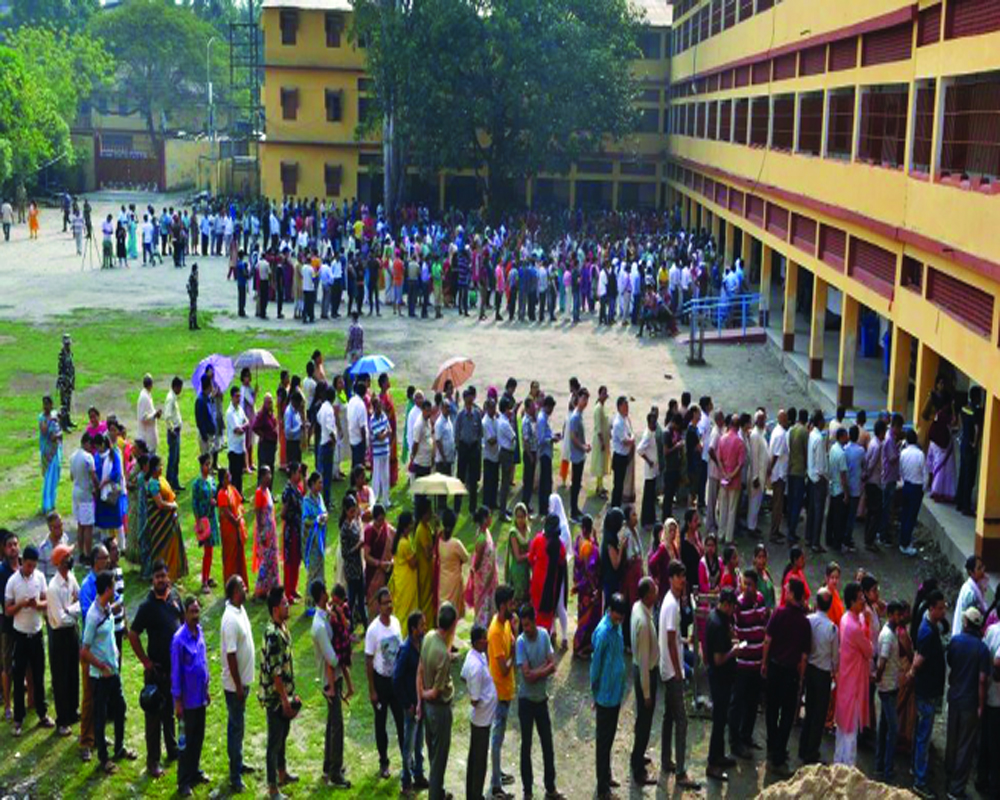Family planning has effectively reduced the share of southern States in the Lok Sabha
The Madras High Court said last week that Tamil Nadu should be compensated for the loss of two Lok Sabha seats on account of its successful family planning programme. The reference is to the State’s Lok Sabha seats being reduced from 41 to 39 before the 1967 elections. The calculation of the compensation is not germane here but the issue of delimitation of parliamentary and Assembly constituencies certainly is. Regular delimitation rectifies misrepresentation or malapportionment on account of population growth and migration. It is a literal can of worms no Government wants to open. The population growth is uneven in States and a just representation of classes and castes is nearly impossible. The country awaits a full delimitation of constituencies since after the 1970s and the earliest is possible only in 2026; practically, after the 2031 census. There was a sort of delimitation undertaken between 2002 and 2008 on the basis of the 2001 census. It ended up readjusting the boundaries of existing constituencies and reworking the number of reserved seats. This February, the Government went in for a partial delimitation in four Northeastern States and Jammu and Kashmir. However, the exercise will not change the number of seats except in the latter. British political scientist Alistair McMillan, who wrote a decisive book on electoral representation in India, will have us believe that had delimitation been done on the basis of the 2001 census, Tamil Nadu would have lost seven more Lok Sabha seats while Uttar Pradesh would have gained an equal number.
This is what the southern States bemoan as their ‘gift’ for practising scientific family planning methods. It is the most sensitive issue no political party wants to touch. If one were to use the 2011 census, the southern States would stand to lose 17 seats while Bihar, Madhya Pradesh, Uttar Pradesh and Rajasthan would gain 22 seats. This difference may remain by the next census as well. The Government needs to take the bull by the horns and commit to conducting delimitation on the basis of the 2031 census. That will at least spark a debate in the country on the pros and cons and allow hidden social and political agendas of the States and political formations to surface. The public discourse can lead to a federal discussion between the Centre and the States on the modalities involved and the inter-State inequalities that need to be resolved. It is not just about the number of seats. There is greater political and social awareness among the communities and their representation needs to be in balance. If a caste census is to be conducted at all, it will open an altogether different Pandora’s box. Had the previous Governments not shied away from delimitation after every census, the change in the Lok Sabha’s composition would have been gradual and non-controversial. The next time it is taken up, it will abruptly change the balance of power but there is no other option.


























